STO - Taking advantage of agricultural by-products and waste, many farmers in Soc Trang have produced organic fertilizers and feed for livestock and poultry, contributing to minimizing human impact on the environment, reducing production costs, and harvesting clean agricultural products.
Early last September, 30 farming households in Hamlet 6, Ward 7, Soc Trang City were instructed by the Ward 7 Farmers' Association and the Southern Fruit Institute on techniques for producing organic fertilizer from agricultural waste and by-products. After being trained in organic composting techniques, households know how to choose composting materials, how to mix waste with composting materials, how to prepare, dosage of microbial products, basic composting methods, how to preserve... Mr. Lam Quan Van - a member of the Cooperative Group for Growing Organic Coriander in Ward 7 shared: "After being specifically instructed on the process of producing organic fertilizer from waste and agricultural by-products, I know how to compost to fertilize vegetables and crops. The raw materials for producing microbial organic fertilizers are diverse such as straw, sawdust, livestock and poultry manure... Combining those materials with biological products and then covering them with a tarp for about 30 days will produce microbial organic fertilizers. In addition to providing nutrients for vegetables, microbial organic fertilizers also have the effect of improving the soil, increasing the amount of humus in the soil, making the soil loose and not discolored. It is known that this type of fertilizer is very environmentally friendly, with little impact on human health. With the model With this model, we can proactively have a regular source of organic fertilizer, reduce production costs, and limit chemical fertilizers."
Farmers in Ward 7, Soc Trang City (Soc Trang) compost straw and manure to make organic fertilizer. Photo: XUAN THANH
According to the Farmers' Association of Ward 7, with the available waste source of the locality, the Southern Fruit Institute has also supported 8 households in the Coriander Growing Cooperative of Ward 7 with nearly 5 tons of raw materials to mix organic fertilizer on an area of 2 hectares. In the past nearly 2 months, coriander farmers have actively applied organic composting techniques according to the correct process, successfully producing organic fertilizer for coriander, helping this vegetable grow well. The application of the organic composting model according to the orientation of agricultural restructuring will contribute to increasing the value per unit of cultivated area, while taking advantage of locally available agricultural by-products such as straw, plant residues, manure, etc. to limit environmental pollution. This model is very suitable in the dry season, because organic fertilizer retains moisture in the soil, helping coriander grow well, increasing productivity.
According to the Soc Trang Center for Application of Science and Technology Advances, agricultural by-products and wastes, in addition to being used to produce organic fertilizers, can also be used to produce feed for poultry and livestock. Recently, the unit has coordinated with the Center for Vocational Education - ContinuingEducation of Thanh Tri district to guide people to deploy a model of using biological products to ferment corn stalks and grass as feed for cows in Tra Do hamlet, Lam Kiet commune. After 1 month of experimentation, the finished feed for cows made from agricultural by-products has high nutritional content, stimulating cows to eat well and digest well. In the coming time, this model will be replicated locally, contributing to helping people diversify their feed sources in livestock farming, saving costs.
It can be seen that the farming model that creates clean and safe products is a strong development trend in organic agriculture recently. In particular, by-products and agricultural waste have great potential in the production of organic fertilizers and animal feed. If we know how to exploit them properly, it will not only benefit farmers, but also contribute to reducing household waste in the environment in rural areas, creating a green, clean and beautiful landscape.
Aiming at producing clean, safe and sustainable agricultural products, in 2022, the Department of Agriculture and Rural Development of Soc Trang province has implemented the Project on Organic Agriculture Development in Soc Trang province, period 2022 - 2025 and orientation to 2030. Accordingly, the project is implemented in 11 districts, towns and cities in the province with production objects being crops, livestock and aquatic products at cooperatives, cooperative groups, enterprises, households and individuals producing organic products. By 2025, it is oriented to build 32 organic agricultural production models with certification of meeting domestic or international organic standards, the area of organic production land reaches about 210 hectares; By 2030, the area of organic production land is expected to reach over 400 hectares, of which the area of certified organic production is about 370 hectares, the value of products per hectare of certified organic land is 1.5 - 1.8 times higher than that of non-organic production, 100% of organic products are promoted and consumed... The purpose of the project is also to contribute to changing people's thinking, raising awareness of organic agriculture, towards sustainable agriculture, environmentally friendly, associated with circular agricultural economy, helping farmers access and apply scientific and technological advances in agricultural production, improving economic efficiency.
SPRING YOUTH
Source


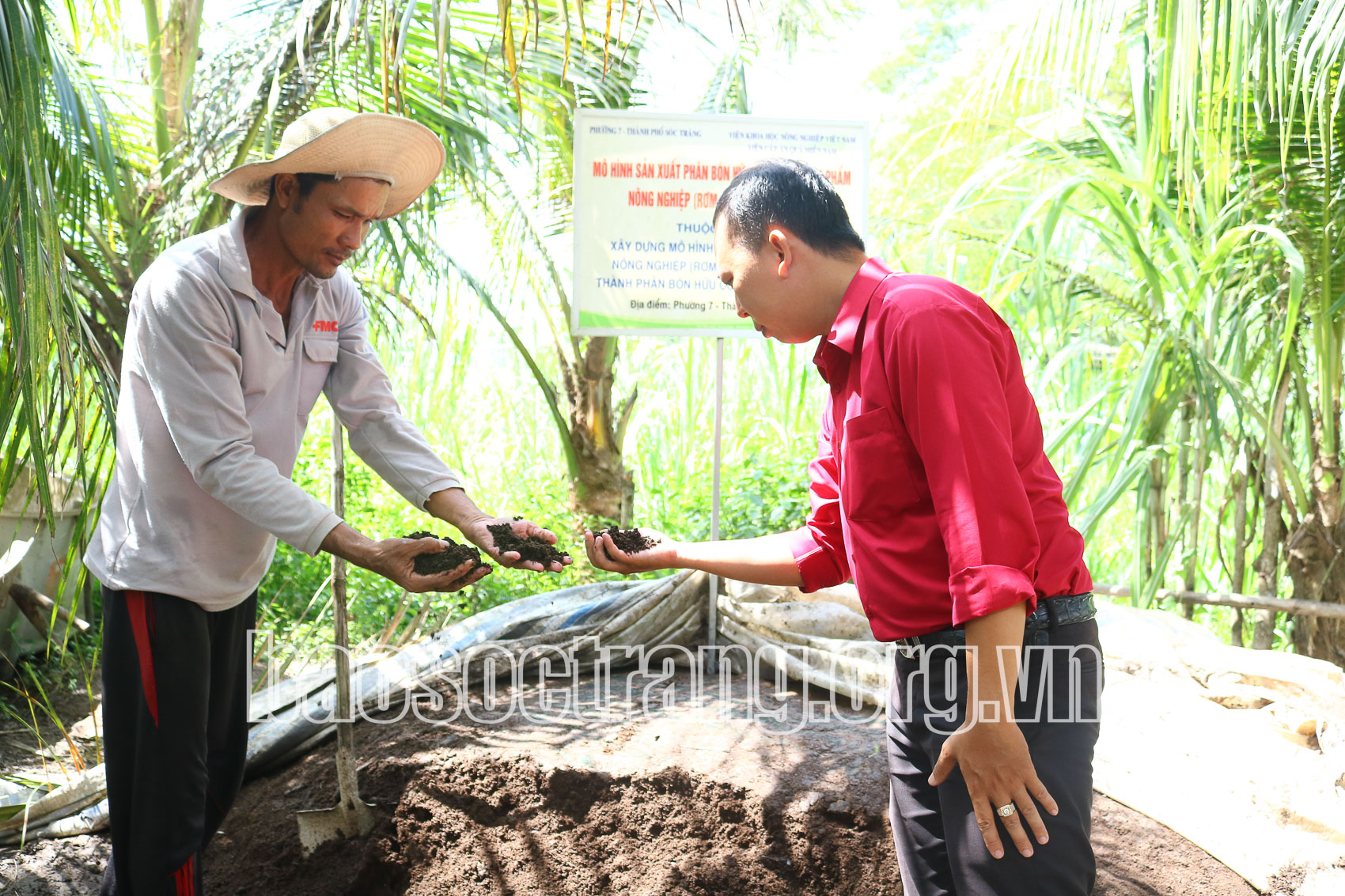
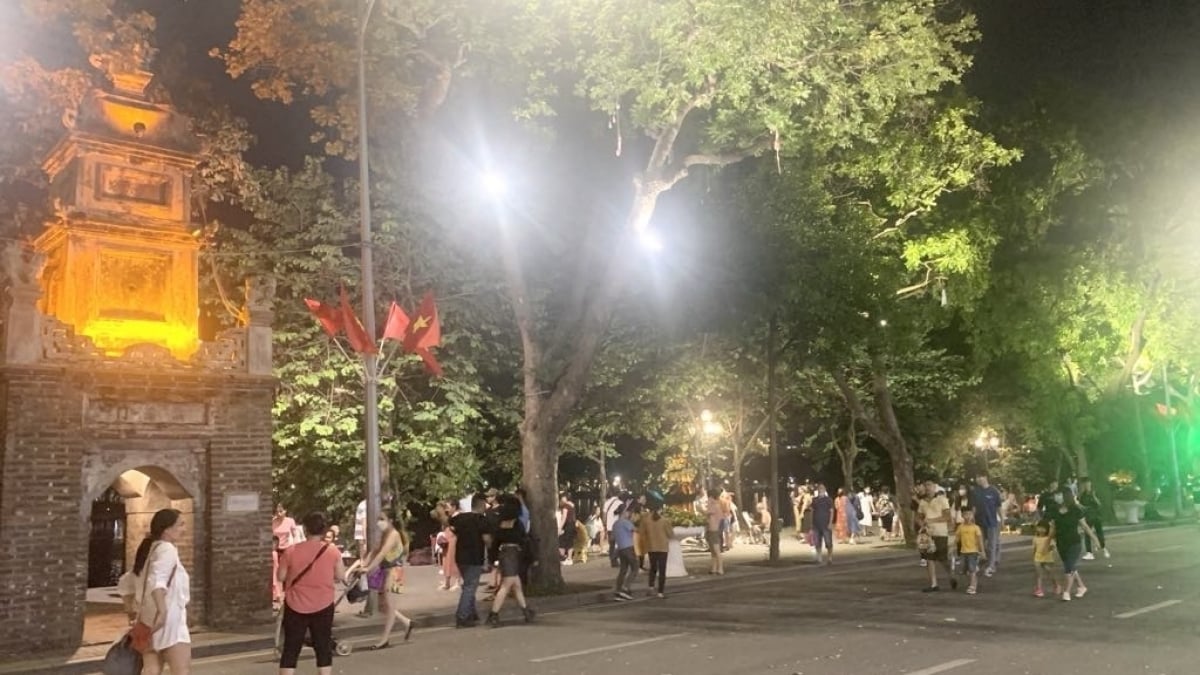

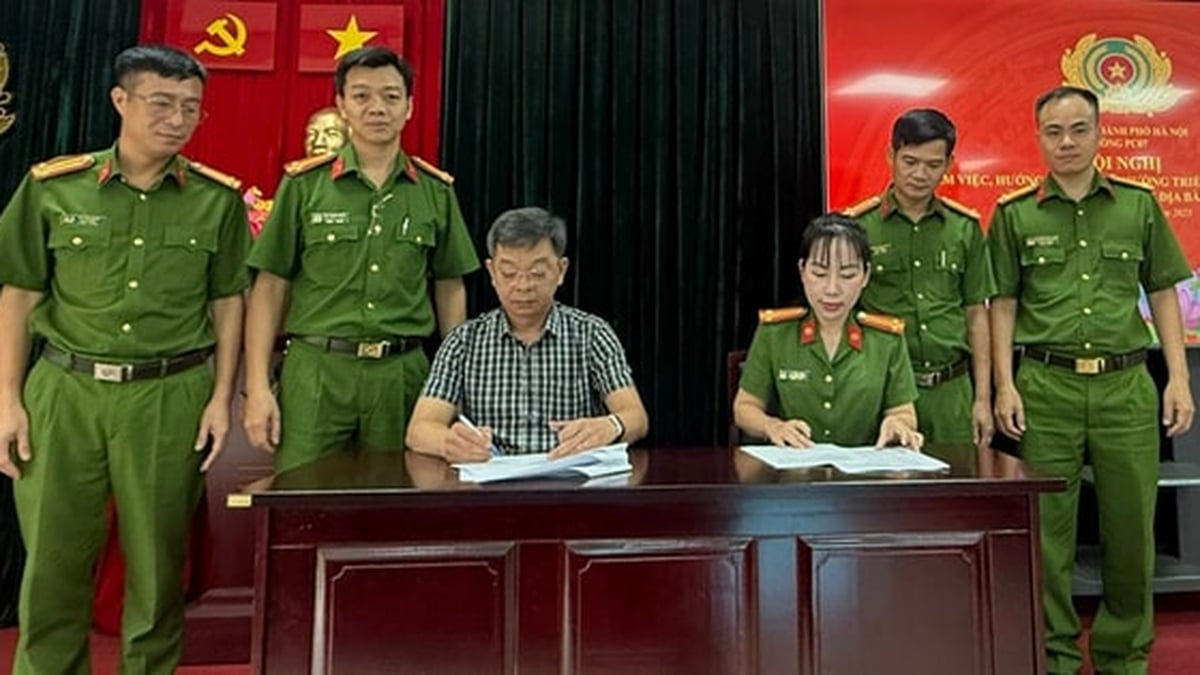
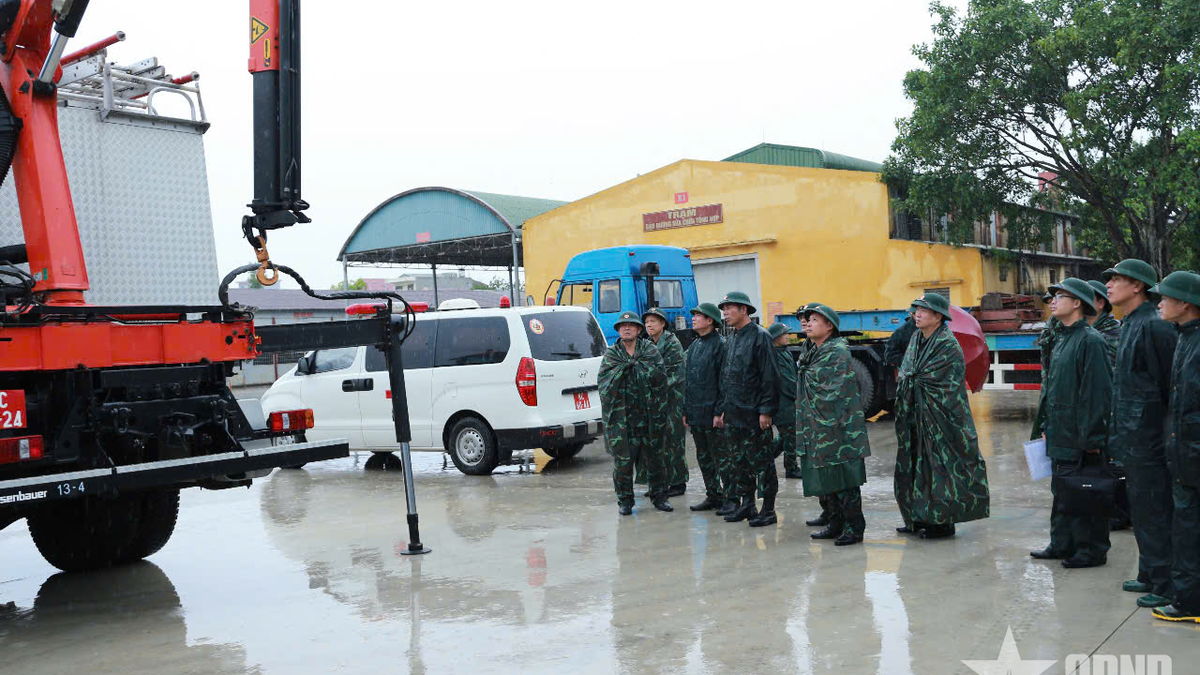

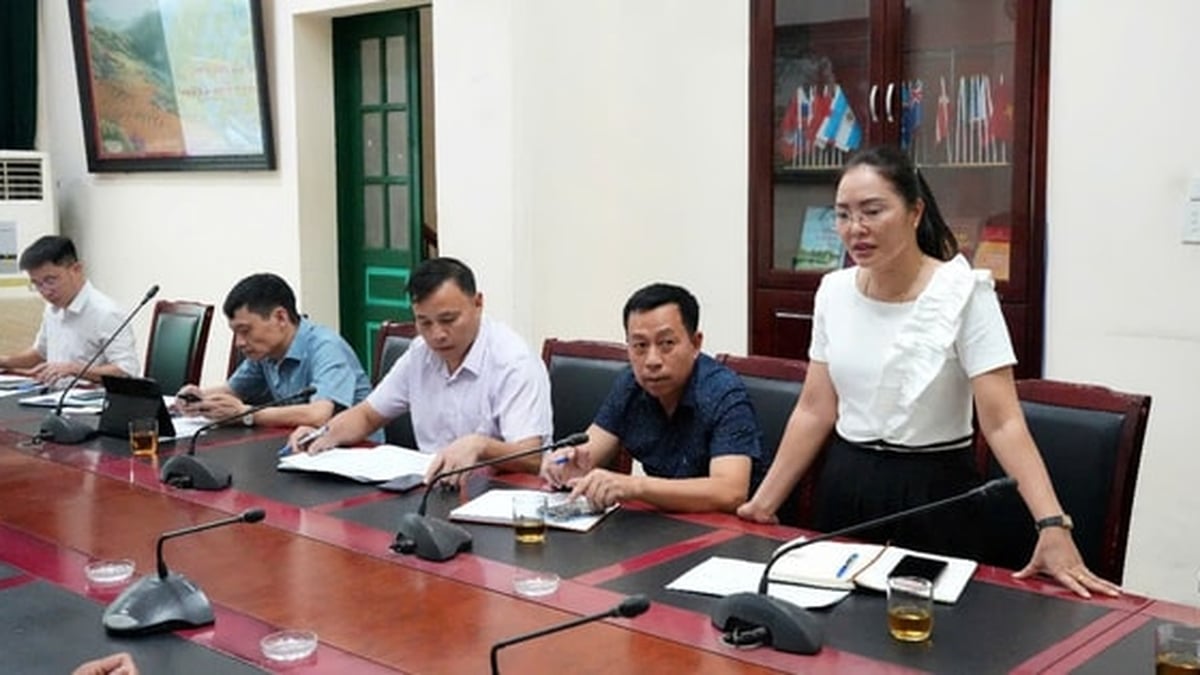
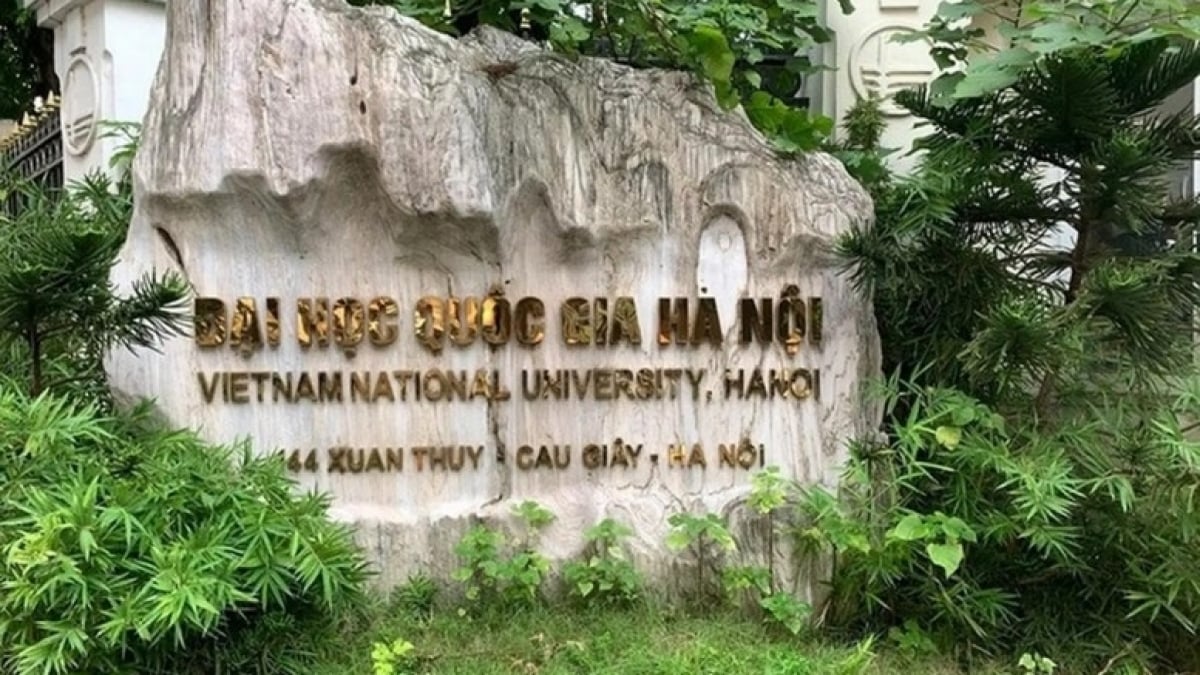


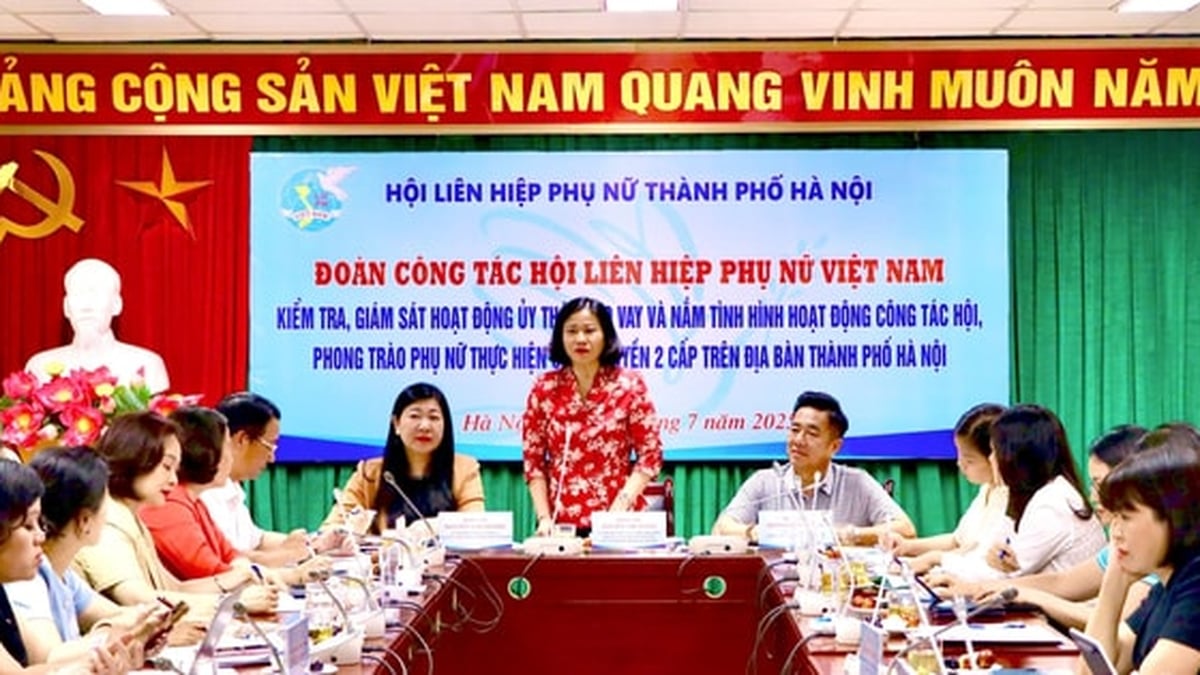











![[Photo] National Assembly Chairman Tran Thanh Man visits Vietnamese Heroic Mother Ta Thi Tran](https://vphoto.vietnam.vn/thumb/1200x675/vietnam/resource/IMAGE/2025/7/20/765c0bd057dd44ad83ab89fe0255b783)













































































Comment (0)